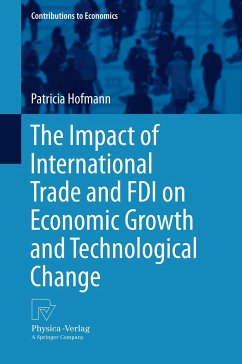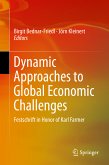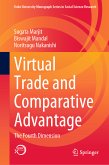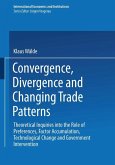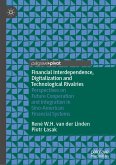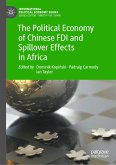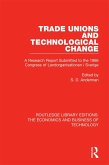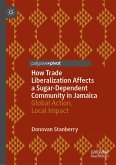Economic globalisation and technological change are the two issues that concerned people in the past, concern them today and will concern them in the future - all over the world, poor or rich. Traditionally, questions about allocative effects are asked: What are the labour market implications? Who loses? Who wins? What is the net aggregate welfare effect after an adjustment period? However, two points are rarely taken into consideration: How do globalisation and technological change interact and what are the potential long-run implications for economic growth? This book addresses the interplay of these megatrends. It asks how economic globalisation may affect innovation and technology of individual firms and eventually the growth prospects of countries. Thereby it shows that protectionism not only harms static efficiency but might as well lead to dynamic losses. The book provides a systematic overview of the theoretical underpinnings of the openness-growth nexus and summarises the conceptual problems and important findings of the empirical analyses so far. The theoretical insights are supported by two empirical studies, the first dealing with the innovative behaviour and the "within-multinational" technology transfer of Spanish firms that were acquired by foreign companies and the second analysing productivity growth rate implications from exporting for German manufacturing firms.¿
Dieser Download kann aus rechtlichen Gründen nur mit Rechnungsadresse in A, B, BG, CY, CZ, D, DK, EW, E, FIN, F, GR, HR, H, IRL, I, LT, L, LR, M, NL, PL, P, R, S, SLO, SK ausgeliefert werden.

